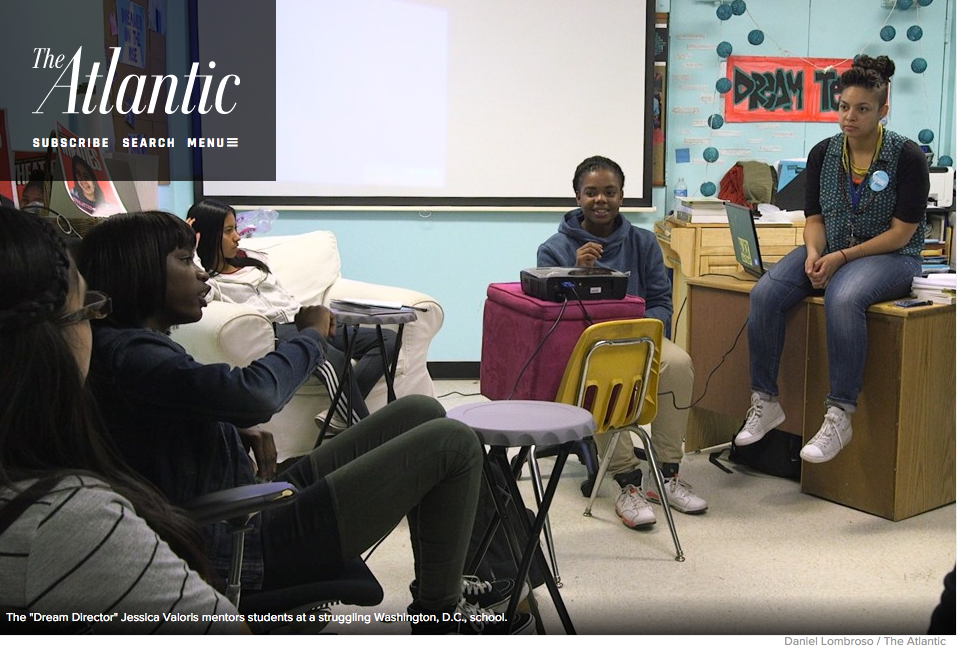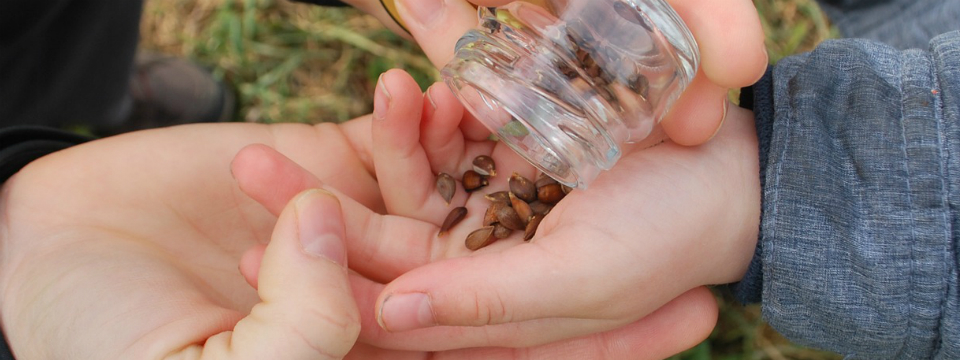Guest Contributor Niobe Way: Why we should celebrate all mentors, male and female

by Niobe Way, Ed.D., Professor of Applied Developmental Psychology at NYU and Author of Deep Secrets
Matching boys with caring mentors should be the goal of any mentoring program regardless of the sex of the mentor. My research with Black, Latino, White, and Asian American boys over the past two decades indicates that boys want close relationships with peers and adults. They want relationships in which they can share their “deep secrets” and in which they can be heard. Eighty-five percent of the hundreds of boys we have interviewed from early to late adolescence have expressed such views. Yet many boys find, especially during late adolescence, that it is hard to find the relationships that they want. As they grow older, boys feel pressure to disconnect from other boys and from caring adults in order to appear manly and be independent. Yet they continue to want close relationships with peers and adults. Research, including our own, finds that boys who stay connected to peers and/or adults beyond adolescence fare better in all aspects of life, including academic achievement and living longer lives. Mothers, fathers, sisters, brothers, friends, and mentors, both female and male, can greatly assist in helping boys thrive.
While many argue that boys need male role models and mentors specifically, the research does not support the assumption that male mentors are better than female ones. Boys need caring adults in their lives who can have healthy and trusting relationships with them. Women, in fact, are often better able to engage in such relationships with boys because they are not socialized to disconnect as they grow up to the same degree as men. Females are more likely than males to be socialized to care for others and to have intimate friendships than are males. Thus, they are more likely to have the skills necessary to properly mentor boys or give boys what they want – relationships in which they can be cared for and be heard. This gender difference in socialization patterns is likely, at least in part, the reason why there are more female mentors than male mentors and why females are more likely to enter the service professions than men. Thus, not only should there be no concern about the prevalence of female mentors for boys, we should celebrate the relationship skills that many female mentors bring to their relationships with boys and that benefit them in all areas of their lives.
Niobe Way is Professor of Applied Psychology at New York University. She is also the former President of the Society for Research on Adolescence and the author of Deep Secrets: Boys’ Friendships and the Crisis of Connection (Harvard University Press).














